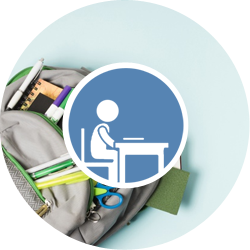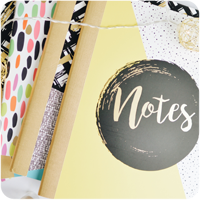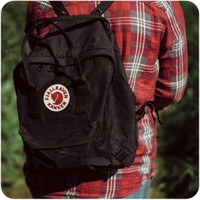Het arrangement 6.3 Back to school - tto123 is gemaakt met Wikiwijs van Kennisnet. Wikiwijs is hét onderwijsplatform waar je leermiddelen zoekt, maakt en deelt.
- Auteur
- Laatst gewijzigd
- 11-05-2025 18:06:22
- Licentie
-
Dit lesmateriaal is gepubliceerd onder de Creative Commons Naamsvermelding-GelijkDelen 4.0 Internationale licentie. Dit houdt in dat je onder de voorwaarde van naamsvermelding en publicatie onder dezelfde licentie vrij bent om:
- het werk te delen - te kopiëren, te verspreiden en door te geven via elk medium of bestandsformaat
- het werk te bewerken - te remixen, te veranderen en afgeleide werken te maken
- voor alle doeleinden, inclusief commerciële doeleinden.
Meer informatie over de CC Naamsvermelding-GelijkDelen 4.0 Internationale licentie.
Aanvullende informatie over dit lesmateriaal
Van dit lesmateriaal is de volgende aanvullende informatie beschikbaar:
- Toelichting
- Deze les valt onder de arrangeerbare leerlijn van de Stercollectie voor Engels voor tweetalig onderwijs, leerjaar 1, 2 en 3. Dit is thema 6 'School'. Het onderwerp van deze les is: Back to school. In deze les staat terug naar school gaan centraal. Hierbij gaat het over een nieuwe school of de start van een nieuw schooljaar. Er wordt gesproken over de eerste schoolweek of -dag. De grammaticaopdracht gaat over de past simple.
- Leerniveau
- VWO 2; HAVO 1; VWO 1; HAVO 3; VWO 3; HAVO 2;
- Leerinhoud en doelen
- Engels;
- Eindgebruiker
- leerling/student
- Moeilijkheidsgraad
- gemiddeld
- Studiebelasting
- 1 uur 40 minuten
- Trefwoorden
- arrangeerbaar, back to school, eerste schoolweek of -dag, engels, nieuw schooljaar, nieuwe school, past simple, stercollectie, tto123
Gebruikte Wikiwijs Arrangementen
VO-content Engels. (2020).
1.1 Introducing yourself - tto123
https://maken.wikiwijs.nl/169502/1_1_Introducing_yourself___tto123
VO-content Engels. (2023).
6.3 Back to school - hv12

 The subject of this period is the first day at a new school.
The subject of this period is the first day at a new school.

 First day at school
First day at school
 Back to school
Back to school To be able to do all the assignments correctly, you need to know some words and sentences.
To be able to do all the assignments correctly, you need to know some words and sentences.
 In this period we are revising the past simple.
In this period we are revising the past simple.
 Situation 4: My first day at school
Situation 4: My first day at school An essay about a new school
An essay about a new school What have you learnt in this double period?
What have you learnt in this double period?
